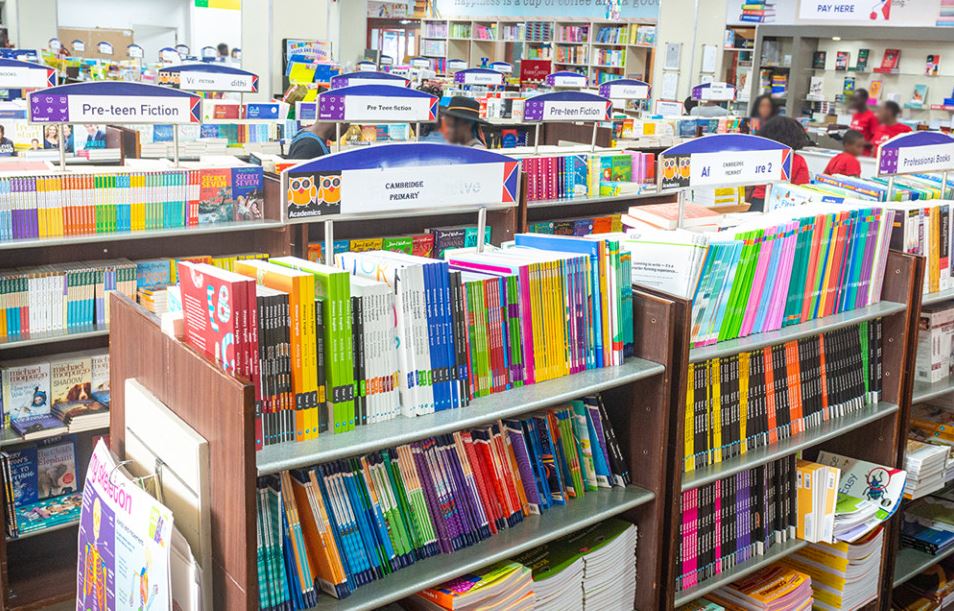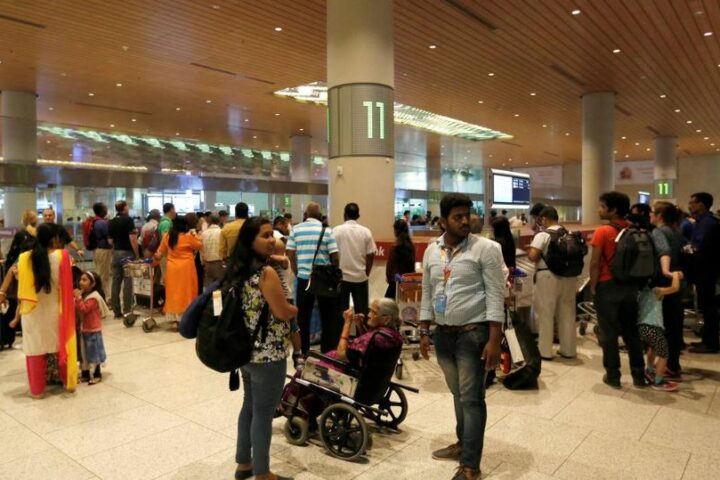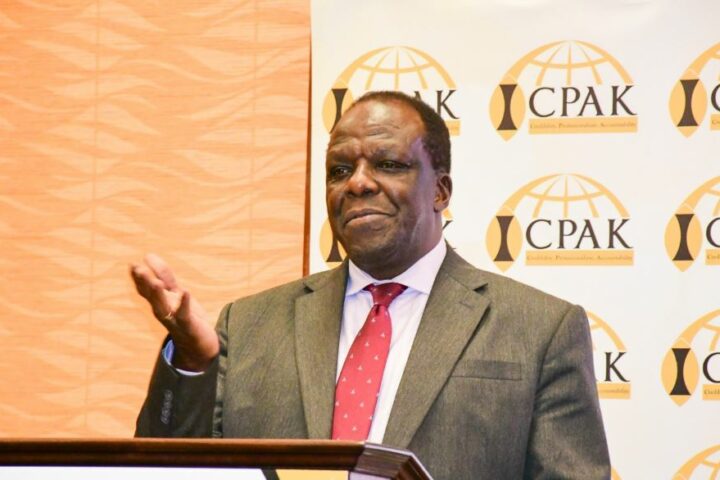 Earlier this week, two booksellers in Nairobi found themselves in police custody after a major operation targeting counterfeit textbooks across the city.
Earlier this week, two booksellers in Nairobi found themselves in police custody after a major operation targeting counterfeit textbooks across the city.
This wasn’t a random bust—it was a planned effort by law enforcement and the Kenya Publishers Association (KPA) to crack down on the illicit trade that’s been chipping away at the quality of education for years.
The raids uncovered stacks of fake educational books, hidden inside multiple city bookshops. According to authorities, the materials—pirated and poorly produced—pose a serious threat to students and undermine educators’ efforts. Following the operation, police seized several cartons of these fake textbooks, with promises to ramp up ongoing efforts to stamp out the counterfeit market.
If you’ve ever purchased a book only to find garbled text or missing pages, you’ll understand one of the many reasons these counterfeit textbooks are a problem.
Beyond the frustrating errors, these unauthorized copies hurt genuine publishers and booksellers who’ve worked hard to meet the standards set by institutions like the Kenya Institute of Curriculum Development (KICD).
More than just bad printing, they disrupt the learning process for thousands of students across Kenya.
James Odhiambo, CEO of the Kenya Publishers Association, addressed the issue head-on. “This was a major step in the fight against an illicit market that harms legitimate businesses and compromises the education sector,” he explained during a press conference following the raid.
And this isn’t an isolated problem. Just last week, authorities arrested five other suspects in Nairobi tied to a similar counterfeiting ring. Clearly, the push to clean up the education market is gaining momentum.
While police raids are essential, tackling counterfeit textbooks requires more than enforcement—it requires awareness. Kiarie Kamau, CEO of East African Educational Publishers, has been tirelessly advocating for parents, teachers, and even students to understand the risks of buying pirated materials. “Raising awareness is key. If people know the harm these books cause, they’ll think twice before purchasing them,” Kamau said.
What’s more, it’s a tough economic climate. Some parents or schools are tempted by the cheaper counterfeit versions, but as Kamau and others argue, the hidden cost comes in the form of compromised education for Kenyan kids. And that’s a price no one should pay.
In a related twist, the Kenya Publishers Association (KPA) has also announced delays in delivering new textbooks for Grades 5 to 8 as part of the ongoing Competency-Based Curriculum (CBC) rollout.
The Presidential Working Party on Education Reform proposed adjustments to reduce redundancies, including fewer learning areas in pre-primary and lower primary school.
That means publishers are scrambling to revise existing materials to fit the new guidelines. Right now, those textbooks are in their final stages of approval with KICD, and once they clear the process, the printing presses will start rolling.
KPA insists these updates are critical to making CBC work, and while the delays are frustrating, they’re necessary to ensure the learning materials are high quality and well-aligned with the changes.
Between fighting counterfeit textbooks and navigating logistical hiccups with CBC materials, it’s clear there’s a lot on Kenya’s educational plate right now. While these issues may feel overwhelming, the good news is that steps are being taken.








